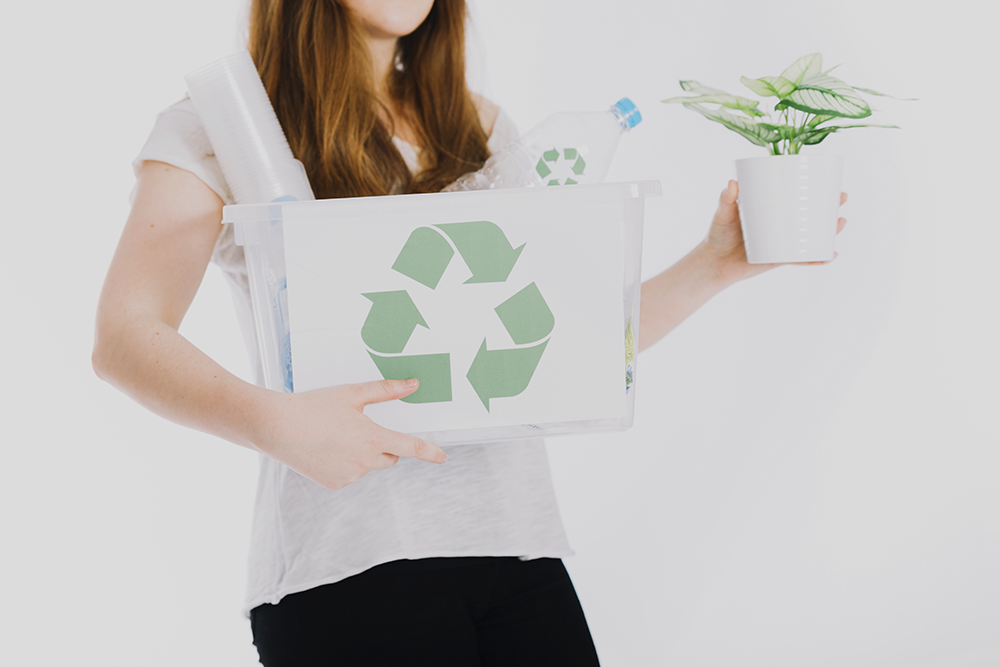Across Europe and the world, the way we work is changing. As societies move toward sustainability and environmental responsibility, new careers are emerging that require fresh skills. This shift is not just a trend—it’s becoming a necessity.
Green skills are now essential for many jobs. These include understanding how to reduce waste, manage natural resources, develop eco-friendly products, and create businesses that focus on sustainability. From energy and construction to fashion and technology, almost every industry is looking for people who can bring green solutions to the table.
But the transition to a green economy also calls for innovation and digital knowledge. Workers need to be ready to use new technologies and come up with creative ideas that help solve environmental challenges. Entrepreneurship—the ability to start and manage new projects or businesses—is more important than ever.
At the same time, education must be inclusive. Everyone deserves the opportunity to gain the skills they need, no matter their background or circumstances. This means breaking down barriers and ensuring that gender, social, or economic differences do not limit a person’s career choices or opportunities.
Vocational Education and Training (VET) institutions are at the heart of this change. By offering hands-on experience, modern teaching methods, and strong connections to the labor market, they can prepare learners for success in the green economy. Many are also using digital tools and creating collaborative spaces where students can work together on sustainable projects.
Building a green, digital, and inclusive future requires effort from everyone—educators, businesses, communities, and learners themselves. By working together, we can ensure that today’s students are ready to meet the challenges of tomorrow’s world and help create a healthier planet for generations to come.


Comments are closed